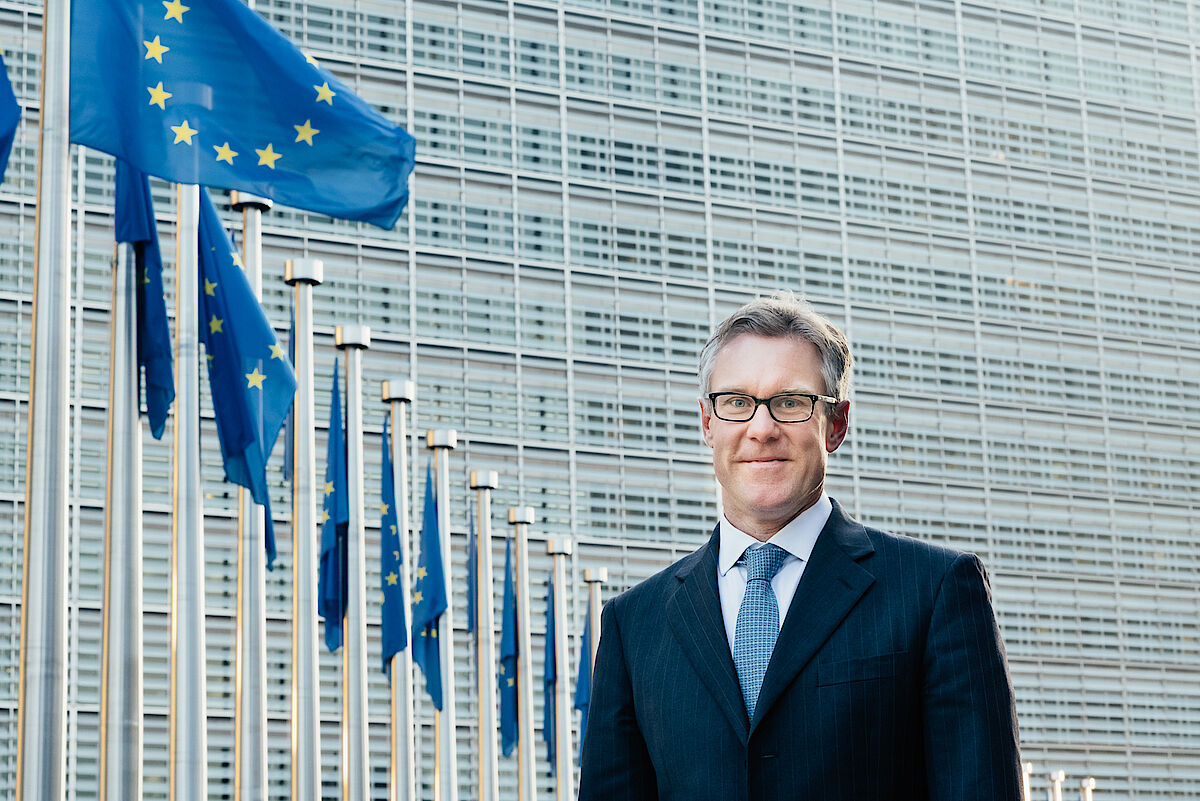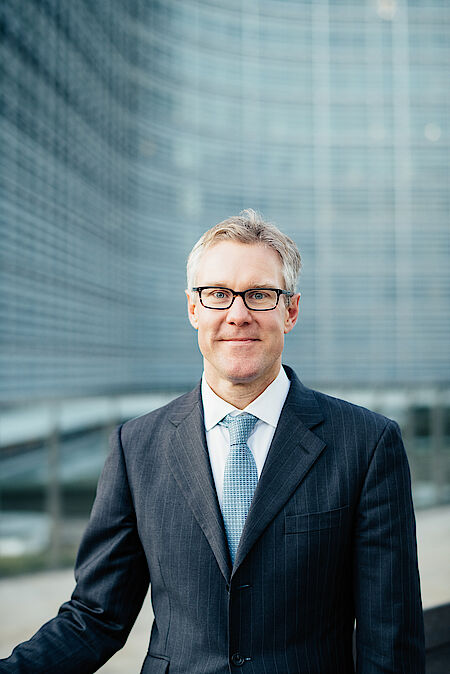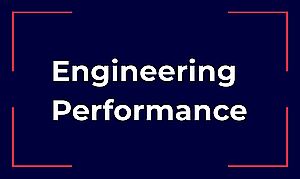Raw materials have been, are and will continue to be the bedrock of the global economy. There is a complex value chain here, starting with the exploration, mining, processing and production of raw materials, all the way through to their being sold to consumers. ‘There are human and automated processes, developed and developing countries, and a variety of tolerances working together here in the face of a whole host of ethical, environmental and social considerations,’ says Dr Andreas Klossek, COO of EIT RawMaterials.
The decision makers within industrial enterprises are obliged to verify the origins of the raw materials used for their products far more stringently. These days, the issue of sustainability can have a major influence on people’s decisions to buy products. Governments and communities are setting legal parameters. NGOs are taking a critical look at the countries of origin and at the supply chain as a whole. The modern-day consumer gives consideration to product origins and environmental aspects not only when it comes to food, but also increasingly with regard to clothing, electrical goods and the entire area of mobility. This is prompting companies to take a stance and to review their ethical, environmental and sustainable footprint.
Standards which are not standard
In the past, this was left to the individual market players to address themselves – each and every exploration or mining company, every mineral processor, every shipping company, every manufacturer or service provider had to monitor their own internal or external standards. And they had to do so in a range of areas such as corruption, environmental impacts, labour conditions, child labour, social issues and corporate governance. The result which has evolved over time is an inefficient, inconsistent and fragmented landscape of raw material certification standards in which sustainability is defined differently from country to country, from mineral to mineral and from organisation to organisation.
This hampers transparency within the supply chain and the verifiability of the parameters at a time when sustainability is evolving from being a cost factor to being an investment that is crucial to success. This was the starting point for the CERA innovation project.



